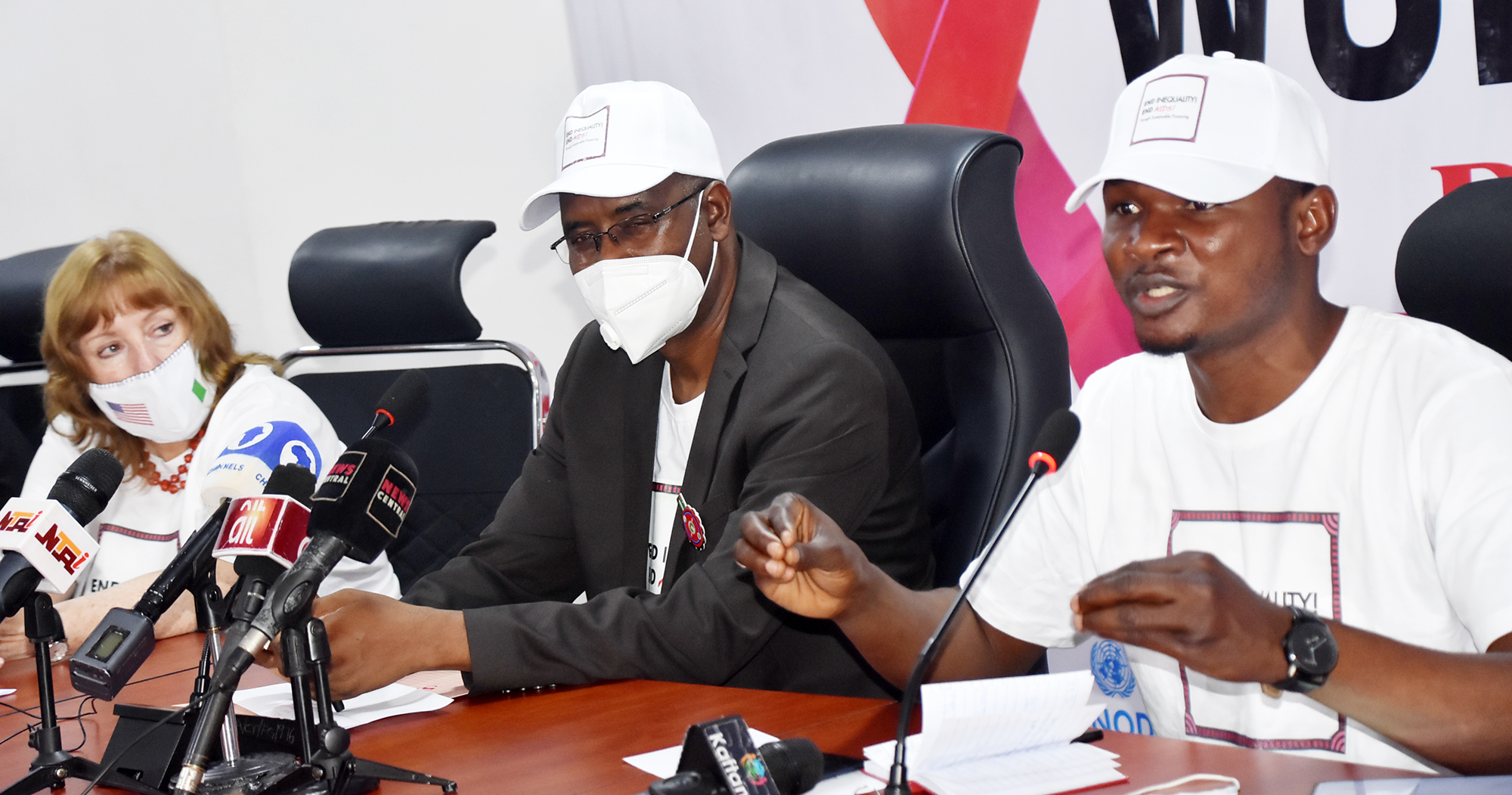Business
‘Renewable Energy, Pathway To Revamp Economy’

Engineers under the aegis of the Nigerian Society of Engineers (NSE) have underscored the need for the country to seek renewable energy options as a way to revamp the economy.
Their stance is an outcome of a one day Nigerian Content Workshop held on Wednesday in Port Harcourt as participants seek for proactive measures that will re-direct national policy towards exploiting potentials in the sector.
Chairman of NSE’s Nigerian Content Committee, Alaoye Wilson Alli said reviewing, assessing and discussing issues on the entrenchment of the Nigerian content is key to driving the economy in the future..
He said,” the essence of the Nigerian Content is all about empowering and domesticating services, production, manufacturing and logistics towards growing an entrenching economy-wide critical expertise and skills in key sectors of the Nigerian economy.”
Alli pointed out that newly promulgated Petroleum Industry Act (PIA) will drive efforts towards exploiting renewable energy potentials in the oil sector.
On his part, Pascal Anyanwu Group Managing Director of Alphaden Group in his paper, ” Clean Fuels Utilising Mini LNG and CNG units: What Values for Nigerian Engineers” reasoned that lots of opportunities are available in the sector for engineers to exploit.
Anyanwu challenged engineers to brainstorm on the way the country’s abundant gas potentials can be utilized.
“NLNG and LG has come to stay and will be a source of energy in the 100 years” he said.
For him, the engineering and manufacturing of the future will be hinged on abilities to use renewable energy hence engineers must evolve to align with the new structure and operations if they must survive.
Executive Secretary of Nigerian Content Development and Monitoring Board (NCDMB), Simbi Wabote charged engineers to be creative to fit into the new realities in the oil sector.
Wabote reiterated that only competent engineers will benefit from the new policies aimed at integrating local content in the economy and other areas of downstream production in the oil sector.
By: Kevin Nengia
Transport
Automated Points Concession : FAAN Workers Gave 72hrs To Revise Decisions In PH

Transport
FAAN Announces Pick-Up Points for Go-Cashless Cards

Business
Fidelity Bank To Empower Women With Sustainable Entrepreneurship Skills, HAP2.0
-
Politics2 days ago
2027: NIGERIANS FAULT INEC ON DIGITAL MEMBERSHIP REGISTER DIRECTIVE
-

 Environment3 days ago
Environment3 days agoLAWMA Director Says Sweeping Reforms Have Improved Waste Collection
-
Politics2 days ago
LP Crisis: Ex-NWC Member Dumps Dumps Abure Faction
-

 Politics2 days ago
Politics2 days agoUmahi Dismisses Allegations On Social Media, Insists On Projects Delivery
-

 Sports2 days ago
Sports2 days agoAbia Not Sure To Secure continental Ticket
-
Sports2 days ago
La Liga: Yamal Records First Career Hat-trick
-
Politics2 days ago
NATASHA ELECTRIC VEHICLES INITIATIVE IN KOGI CENTRAL
-

 Sports2 days ago
Sports2 days agoCity Survive Leeds’ Challenge At Elland Road

